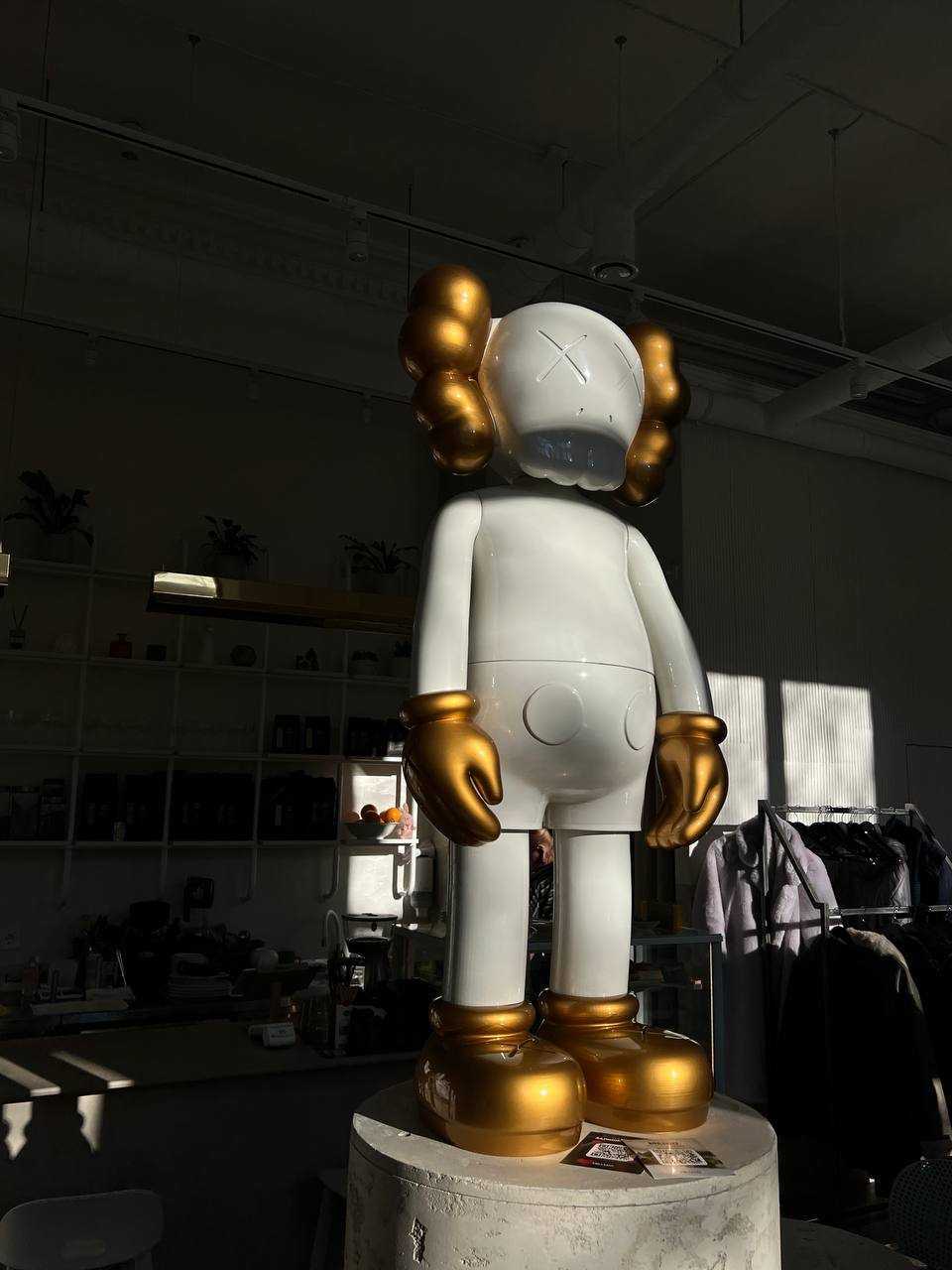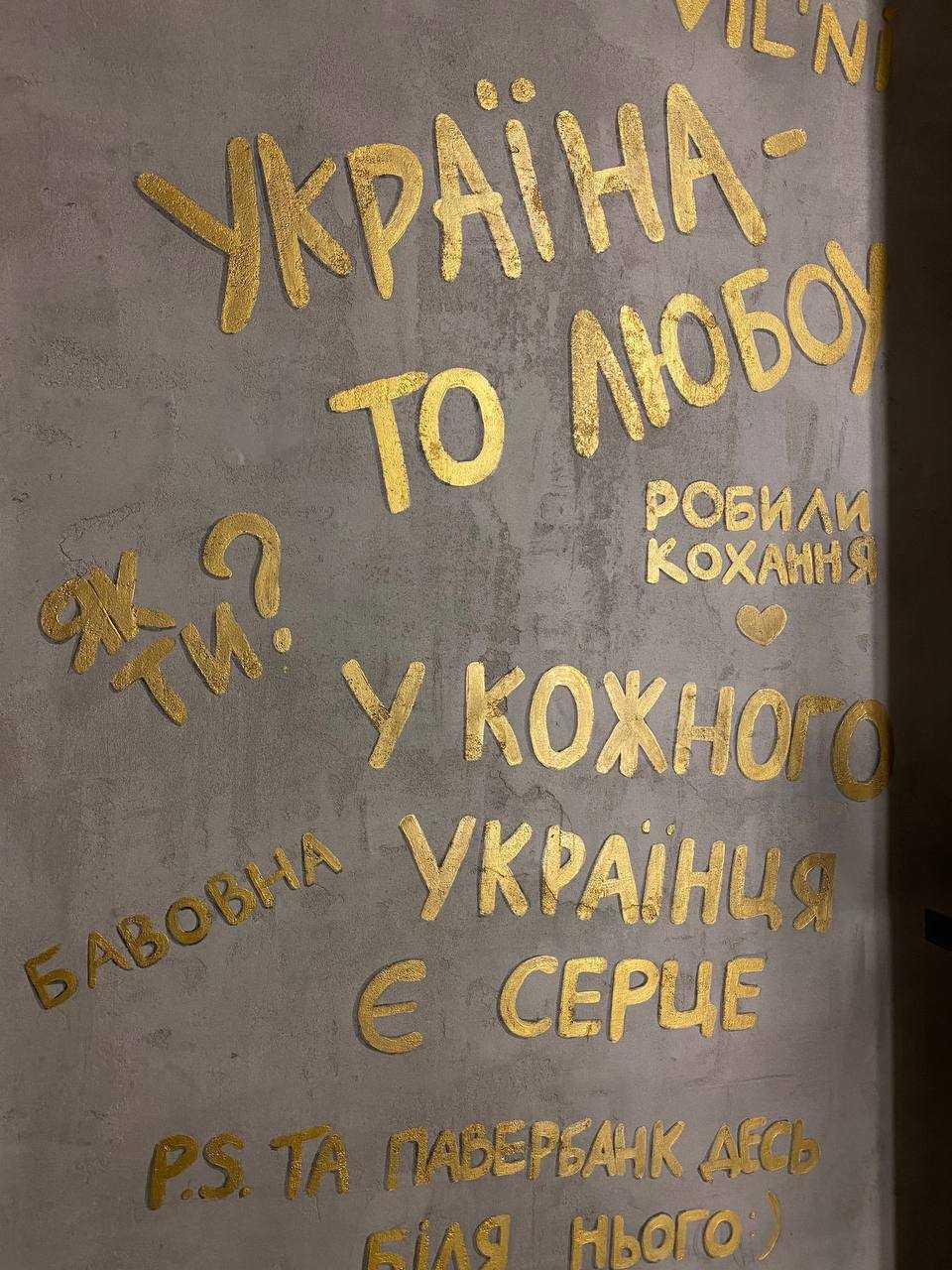Even in the face of war, some Ukrainian entrepreneurs have not been afraid to launch and develop new businesses. They open new restaurants and coffee shops in cities under the constant threat of shelling. Kyiv Post has spoken to three Ukrainian businesspeople from different regions of the country and tried to find out what motivates them to take such risks in the face of significant challenges.
“HIMARS” Coffee shop, Zaporizhzhia
JOIN US ON TELEGRAM
Follow our coverage of the war on the @Kyivpost_official.
Hanna Horodenko, founder:
It’s been a dream of mine to open a coffee shop since 2020. Before the war, I was working as a managing director of a car detailing studio, but I’ve always dreamt about opening my own place in Zaporizhzhia. The war proved that we don’t only need to dream, but also to live – right here and right now, as much as possible!
My family supported me, and we moved into action. The purpose of our place is to give our visitors positive emotions, joy, and happiness in these difficult times. “Coffee – it’s a mood for life.” This isn’t just the inscription on our cups – it’s our mission!
As far as the challenges are concerned, opening a coffee shop is nothing compared to the situation in our country.
At this stage, we don’t aim to make a profit. Our most important goal is to create new jobs, comfort, and a good mood for people living in a front-line city. The quality of our products and our service is the best. We cooperate and choose only the best!

UkrFerry’s Wartime Survival: “Whatever the Wind, You Need to Keep Your Sails Up”
Our coffee shop is recognizable by its Kaws figure, a memorial to the Ukrainian heart, and the techno music you hear in the background. Our place has a very special playlist that I’ve been collecting for two years – nobody can be indifferent.
The spirit of our people, the smiles on the customers’ faces, their determination and will to live and enjoy life despite everything – these things help us to go on.
Trypichchia Ukrainian Cuisine Restaurant, Kharkiv
Mykyta Virchenko, founder:
I’m a great admirer of gastronomy. At the beginning of the full-scale invasion, I ended up in a volunteer kitchen in Kharkiv, working as a cook. Then the coordinators left us one by one, for a variety of reasons. At some stage, the two IT guys and I became the managers.
After that, we turned that kitchen that was feeding 300 people from a hospital, into the production of pre-made food for an Armed Forces battalion. Then our production was shut down. For a month after that, my sworn brother and I were trying to find our place. It was the end of the third month of the full-scale invasion – the city was empty, and it was hard to notice any life in it.
We decided to open a low-price restaurant in a garage in the city center, put up a grill, make kebabs and cook borscht in big pots. For our part, an important condition was cooking with firewood, as energy prices for entrepreneurs are crazy high. Back at that time we already realized that electricity was unsteady, although there were no outages due to no hits on the power infrastructure.
We started to look for a place and to create a menu at the same time. We started with the most important thing – finding a massive barbecue grill. We decided to build one out of bricks, to save money. Then we built several furnaces. They turned out to be quite large, so we started looking for more room. We chose a location where my family and I planned to open an Asian cuisine restaurant before the full-scale invasion began. We agreed on a discount with the owner and started building.
Now I realize what an eccentric and not too thought-out decision it was.
There were lots of challenges, and I think they were typical when opening a restaurant: problems with rent, budgets, debts, lack of experienced staff, and just trying to keep a positive outlook.
We haven’t raised the prices since the summer. Was it a mistake? I would say so. My perfectionism wouldn’t allow me to raise them, because I’d decided to create a new menu – which we’re still working on. We do save money, but wisely. We use all the offal and even husks as much as possible. We make our own condiments, flavorings for smoking, we make our own kinds of vinegar, we ferment and make soups, and create sauces from the whey left over in the production of our own cheese. At the same time, we try to make high-quality gastronomic products from cheap ingredients.
Gratitude is what motivates us. It’s nice to feed grateful people. A person visiting Trypichchia says “thank you” an average of six times during their stay.
Ponchyk Boy Donut Cafe, Dnipro
Oleksandr Zhylyaev, co-owner:
The idea of opening a coffee shop was inspired our President’s [Volodymyr Zelensky] words that the economy should work. And if you’re not at the front line, then work, earn, create jobs, and send money to the army. We live by these rules until now.
The first months were the most difficult. We had to rebuild all the processes, so they could work under current conditions. It was hard to organize logistics, we didn’t have (and still don’t have) some products because of all these problems with electricity. These are problems faced by the majority of Ukrainian citizens, as well as by businesses. But this is nothing compared to the hardships our soldiers face on the front line.
Of course, product prices have a big impact on pricing, and their increase is surely upsetting. We save money on light and advertising, and we’ve lowered profit margins. But we do everything to keep our guests satisfied, and we always give them a little more than just food.
Our hallmark is the donut itself! We sell donuts that have never been sold in Ukraine before. Every two weeks, there is a new type of donut that we dedicate to a certain person. We send part of the profits from donut sales to the army or refugees. For example, we have donuts named “Volodymyr” (after the President) and “Valery” (after General Zaluzhny).
You can also highlight the text and press Ctrl + Enter





















